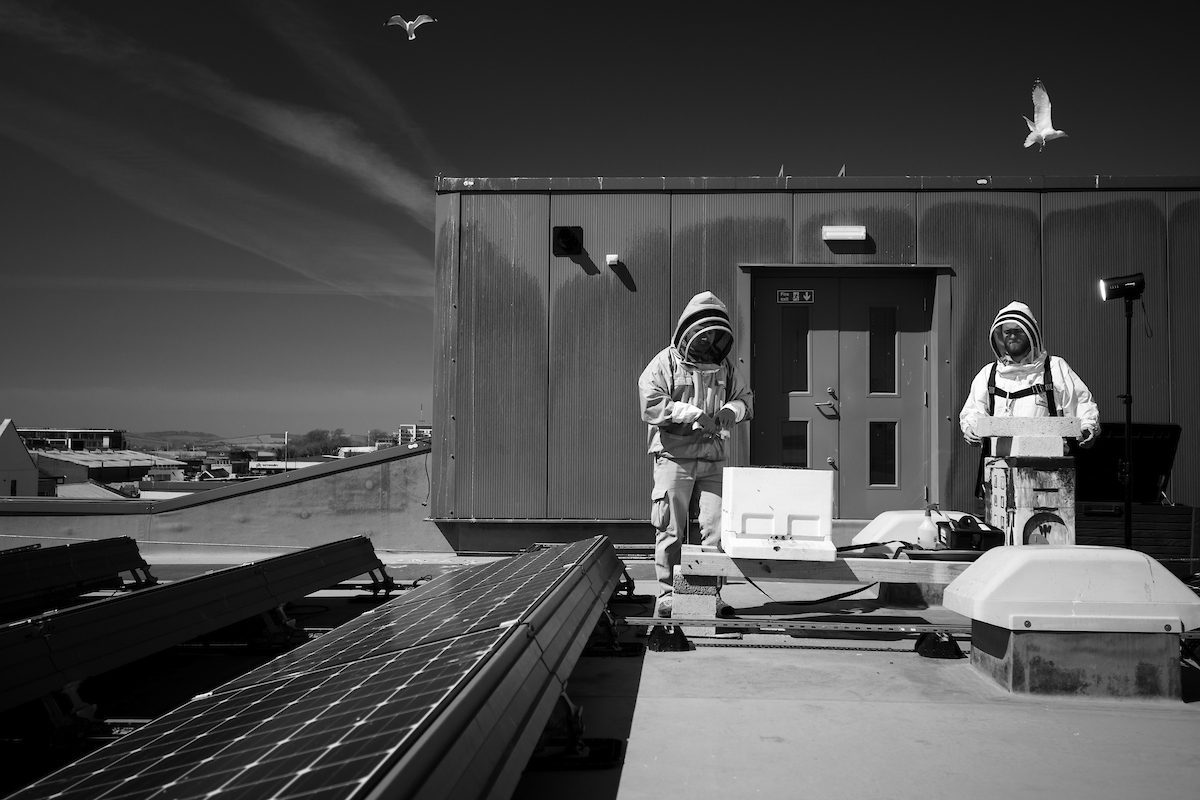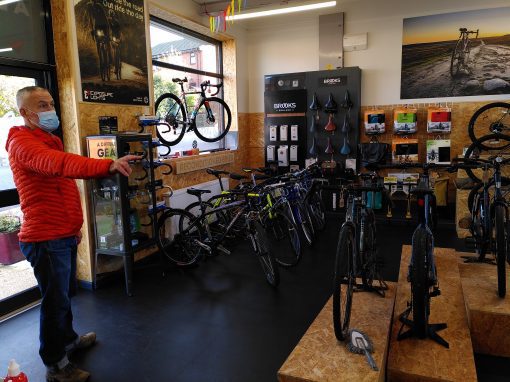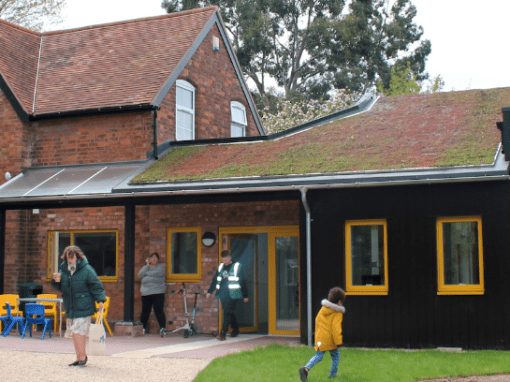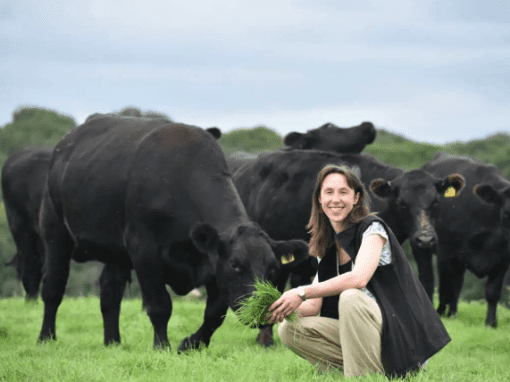This CIC was founded in 2018 by best friends Matthew Elmes and Owen Finnie. Initially the plan was to make local honey but they soon realised there was more benefit to installing beehives in the community. After developing a business plan and undertaking the relevant training in apiculture, they set up a network of 9 community apiaries stocked with native honey bees across iconic local sites such as The Royal William Yard and the Devonport Column.
Their aim is to promote and protect all pollinator species by bridging the gap between people and science to provide tangible solutions for the climate emergency. They do this by extracting data from beehives, coordinating community beekeeping, citizen science and rewilding schemes.
“One of the biggest challenges was how do we make what is quite an invisible world visible?” says Finnie. “And how do we make the hobby of beekeeping more accessible for people? And how do we finance it?” A patron membership scheme was introduced so members who signed up could get involved and receive a share of the honey that was produced.
However, the environmental impact quickly became an increased focus. “It soon became apparent how much of a serious environmental threat pollinator decline has become,” says Finnie. “We felt an overwhelming duty to use Pollenize as an effective tool in creating a lasting positive impact in the city.”
As a result of further scientific research Pollenize developed rewilding seed packets to support all pollinators such as bees, butterflies and hoverflies. In 2020 they successfully crowdfunded £75,183 to equip every school child in Plymouth with a packet of rewilding seeds. These will be used in a 2022 city-wide mass sowing day by the children, ensuring all insect habitats and their associated food webs are insured for years to come.

Engaging such a huge number of local children, and by extension their parents, has placed them as a central force fighting the climate emergency in Plymouth. “They are massively liked locally,” says Chris Parkes, who volunteers with Pollenize. “With globalisation we talk about things in very global terms but if you work locally you can make more impact because you’re digging into community connections.”
‘Think global, act local’ is the organisation’s mantra and Parkes has seen that up close. “The Internet and social media has created a disconnect around how people spend time together and Covid really enhanced that,” he says. “So things that bring people together and make people feel like they can have an ownership of the wellbeing of the community is fantastic – and that’s what Pollenize gives people. It definitely has a very positive impact on my sense of being part of the community.”
Pollenize’s widespread impact on the local community is matched by their ambition in spearheading technological advances in their field. “We’re deep into the process of developing an accelerometer-enabled hive,” says Finnie. “Equipped with AI cameras that can automatically detect the honey bee waggle dance. With this technology we can work out where our bees are going in real time and together with pollen DNA analysis, we can identify exactly what they are feeding on and where the gaps are for rewilding.”
Pollenize’s approach to citizen science, as well as its innovative use of technology, has positioned itself as a template to be modelled on. “It can be scaled quite easily,” says Finnie. “At the moment we’re proving things on a city scale, then the plan is to do it on a county scale and then potentially on a national level.”
Within just three years – most of which during a pandemic – Pollenize has gone from making small batch local honey to becoming a leader in local climate action. “We want Plymouth to lead by example,” says Finnie. “Inspiring other cities to think and act on how we can make our urban environments ecological havens for pollinators and connect communities back to nature. Our vision is to become recognised national leaders for pollinator conservation on a planet that is bouncing back and recovering from the effects of climate change and biodiversity loss.”



